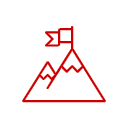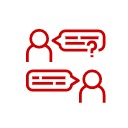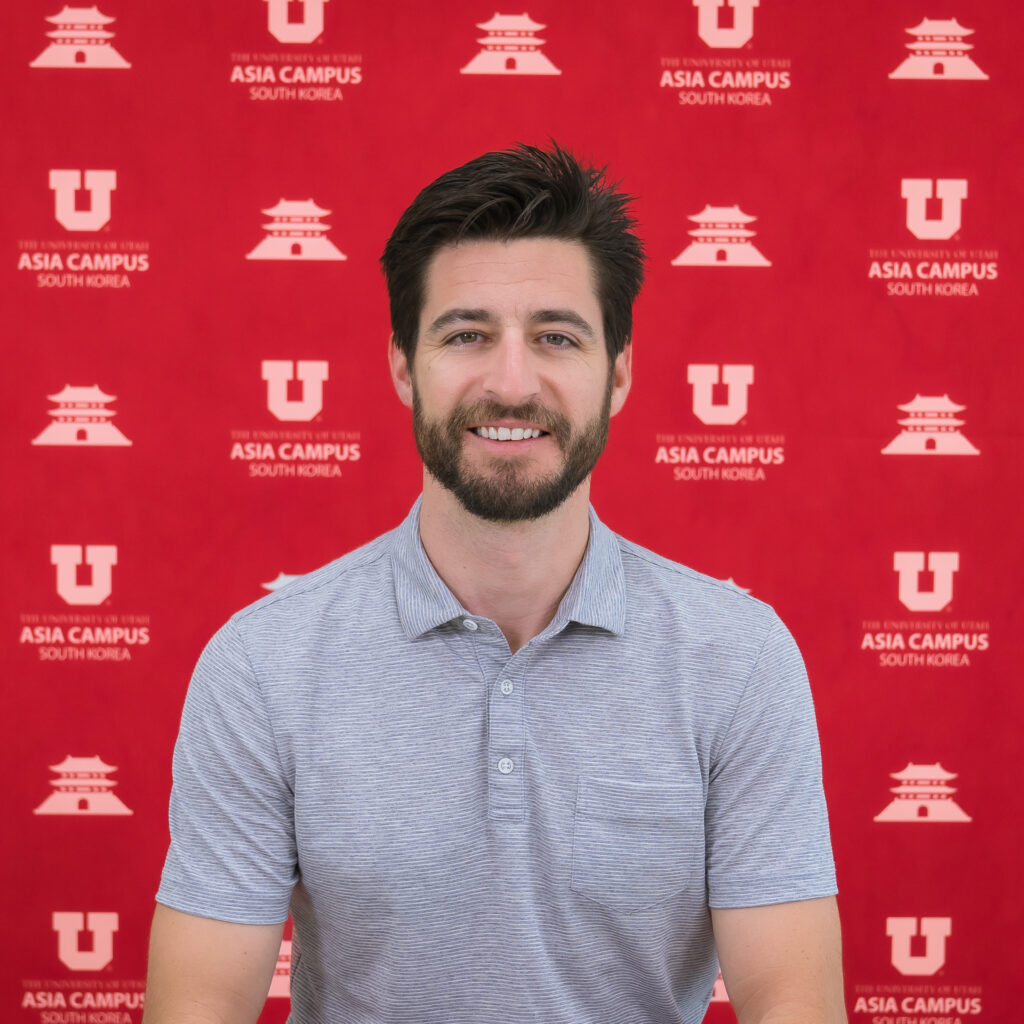The field of electrical & computer engineering involves the analysis and design of complex electrical and electronic devices, software, and systems containing hardware and software components. Without electrical & computer engineering, things like computers, car power systems, and cell phones would not exist. The Electrical and Computer Engineering department at the University of Utah covers a broad range of disciplines related to computing, sensing, and communicating. The program will prepare you to join the next generation of engineers, capable of becoming a leader in industry, government or academia. The Electrical & Computer Engineering curriculum is comprised of courses in differential and integral calculus, linear algebra and complex variables, basic sciences, computer science, and engineering sciences. Training in these topics prepares students for the analysis and design challenges associated with electrical and electronic devices, software, and systems containing hardware and software components. All students must complete a senior project capstone, further solidifying electrical and computer engineering concepts and preparing you to enter the workforce or graduate school.
The Student Experience
In addition to your academic studies, be sure to participate in some of the department’s many student organizations, such as the U’s chapter of the Institute of Electrical and Electronics Engineers (IEEE) or the Women in Engineering (WIE) program. Degree enrichment opportunities include undergraduate research projects, internships, or study abroad programs, all offering you hands-on and professional skills and will be of use in any career you pursue.
Career Opportunities
A degree in Electrical & Computer Engineering will prepare you for careers in computer design, communications systems, circuitry, and robotics. Graduates of the program have been hired as electrical engineers, software engineers and developers, hardware engineers, project managers, and product enhancement engineers. Students can also attend graduate school in electrical or computer engineering or a related field, such as math, physics, civil engineering, or nuclear engineering.












Admission Requirements
- C or better from MATH1310 or AP Calc AB score of 4 or AP Calc BC score of 3 or better
- 2.8 or higher Utah GPA or Transfer GPA. The University of Utah GPA can have priority over the Transfer GPA.
** Maximum credit hours that can be transferred for a single course is 4 credit hours. All transfer classes are subjects to evaluation and may be accepted or denied at the discretion of the Department of Electrical & Computer Engineering.
Graduation & Program Requirements
Minimum Cumulative GPA of 2.50.
Minimum Technical GPA of 2.50 (calculated from all ECE and CS classes taken).
All courses must be completed with a grade C- or better unless otherwise stated. All mathematics classes must be completed with a grade C or better.
Courses may only be repeated once. Courses repeated more than once will only have the second attempt counted in the Technical GPA. All grades, including "W" grades count as one attempt. If the second attempt is a "W" grade, then the first attempt shall be used for purposes of calculating the Technical GPA.
Students must complete the online application in Canvas to be admitted to Full-Major Status.
To avoid intermediate status, Electrical Engineering students need to maintain an overall U of U GPA of at least 2.8. Students who lose full major status will be able to request a permission code in order to take ECE courses.
Probation:
Students can be placed on probation if they drop below a 2.5 GPA or by decision of the Admissions and Graduation Committee. Students will have two semesters to raise their GPA to 2.5 or higher (not including summer semester). Students on probation will lose major status but will be able to request permission codes in order to take ECE classes. If students on probation do not raise their GPA above 2.5, they will be removed from our program. Students are only allowed to be on probation one time during their academic career. If they find themselves on probation a second time, they may be removed immediately from our program. Students can petition for an additional probation semester.
Students are only allowed one additional attempt at a course. Students can be removed from our program if they do not pass the course after the second attempt; however, students can petition for an additional attempt.
ECE Coding Camp
All new ECE students must take the coding placement test for their first coding class in the fall semester. Students will be placed into either CS1400 or CS1410 based on their scores.
* Both CS1400 and CS1410 are required for ECE students to graduate. CS1400 will be waived for students who are directly placed into CS1410. Students placed into CS1400 with their coding placement test must take CS1410 in the following semester.
The camp is an introduction to the basic knowledge required to write effective computer programs to solve simple programming problems. By the end of this camp, students will be able to understand a computational problem statement and then design, implement, document, and test a computer program that solves the problem.
Who Can Apply:
Students who have no or very little knowledge of programming experience can apply. All incoming ECE students are highly encouraged to participate in the camp.
Programming Language:
Students will learn how to write computer programs using the ‘Python’ language.
Topics to be covered:
Programming fundamentals
Data representations
Variables
Data types
Statements
Arithmetic, relational, and Logical operators
Conditional statements
Iterative statements
Functions (recursive and non-recursive)
Structures and Enumerators
Meet Your Faculty
Meet Major Advisor

Heidi Kim
032-626-6110
u639
Your academic advisor can provide invaluable assistance with major/minor declaration, courses and registration, research opportunities, internships, and more. Book an appointment through the button below if you need any help with your major.
Book an Appointment
Your academic advisor can provide invaluable assistance with major/minor declaration, courses and registration, research opportunities, internships, and more. Book an appointment through the button below if you need any help with your major.




